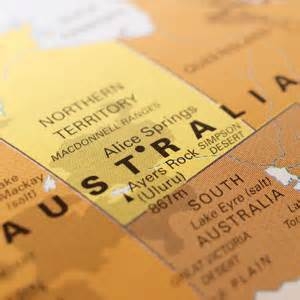
The largest Aboriginal medical service in the Northern Territory has slammed the Abbott government’s $7 GP co-payment policy. And medical experts say the policy could widen the gap between indigenous and non-indigenous health.
On another front, the nation’s peak body for Aboriginal health – the National Aboriginal Community Controlled Health Organisation (NACCHO) – says it is unsure if some of its 150 medical centres will lose tax-exempt status when the co-payment policy is introduced in July next year.
It said the Abbott government had failed to consult them about the policy and has not ”thought through” its consequences.
”We haven’t heard from [the government],” said Justin Mohamed, chairman of NACCHO, adding that no minister had tried to explain or understand the ramifications on indigenous people of the co-payment policy before it was announced in the budget.
Indigenous Australians have vastly poorer health than average, and there is still a life expectancy gap of about 11 years between indigenous and non-indigenous men in Australia, according to the latest Closing the Gap report.
Donna Ah Chee, CEO of the Central Australian Aboriginal Congress, the largest Aboriginal medical service in the Northern Territory, says the co-payment policy will have serious implications for Aboriginal healthcare in the NT. ”The $5 cuts in the standard Medicare item numbers and the proposed $7 payment for every pathology test and diagnostic imaging procedure, will equate to a cut of about $1 million a year to our core funding,” Ms Ah Chee said. ”[That’s because] Congress will absorb this – we cannot allow this cost to pose a barrier to accessing essential healthcare services.”
NACCHO sought legal advice last week to see if any of its 150 medical centres would lose their charitable status as a result of the co-payment policy, forcing them to pay more tax, and making it harder to deliver vital health services.
Assistant Health Minister Fiona Nash said the policy was necessary to ensure the sustainability of health programs, and that the decision to register as charities is a matter for Aboriginal health services’ boards, not the government.
Source: Sydney Morning Herald
